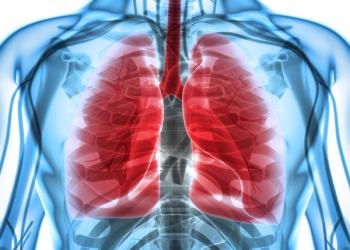
Is FDA control over tobacco a smokescreen?
A bill hit the Senate floor today to give FDA regulatory control over tobacco. Critics argue that money spent enacting the new law would be better spent on smoking cessation.
It appears that
Critics of the bill say that it lacks enough authority to impact the widespread tobacco-addiction problem. They note that the bill precludes FDA's authority to ban any class of tobacco products, to eliminate nicotine, [tobacco's addictive component], or to remove additives that are non-toxic but add to the product's allure among certain target groups.
Supporters see this bill as a milestone equal to the 1998 landmark class action suit in which the tobacco companies' settlement pledged more than $206 billion to help fund anti-smoking campaigns. Creative anti-smoking programs have been shown to work; however, most of those settlement dollars never ended up in smoking cessation programs; states who received the money had other plans for their windfall.
In fact, according to
More than 87% of lung cancer in the US is attributed to smoking. The cancer community has a vested interest in Big Tobacco's deadly profits. There are three well-known anti-smoking tools that we know work: high cigarette taxes, anti-smoking campaigns, and strict smoking bans. For instance, in New York, which has the highest priced cigarettes in the country, high school smoking hit a new low,
We know what tools work in smoking cessation; we should make sure that that's where we spend the money and political capital.
Newsletter
Stay up to date on recent advances in the multidisciplinary approach to cancer.










































